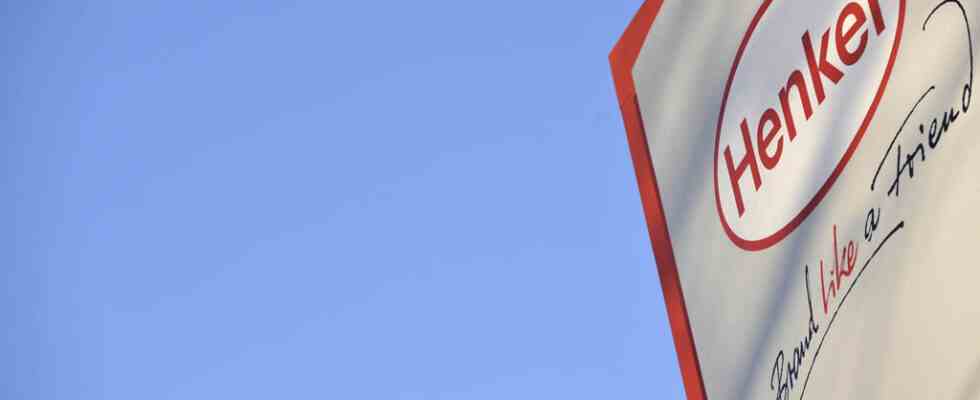Status: 4/4/2022 1:29 p.m
Despite criticism, the consumer goods group Henkel wants to continue producing in Russia and selling its products there. The manufacturer of the detergent brand Persil fears expropriation by the Kremlin.
Despite the ongoing war and the alleged serious war crimes committed by the Russian army in Ukraine, Henkel is sticking to its Russian business. This was confirmed by the Chairman of the Board, Carsten Knobel, at today’s Annual General Meeting. However, he also said: “Our position is clear: we are consistently implementing all international sanctions against Russia. And we are doing even more. We immediately stopped all advertising. We ended all sponsorship activities. And stopped all planned investments in Russia.”
For weeks there has been criticism of the DAX group, which, as one of the few large international corporations, does not want to withdraw from Russia. Knobel justified this today with the fact that in Russia one mainly manufactures and sells everyday goods such as cleaning and hygiene products. “And of course we also have a responsibility for our 2,500 employees in Russia. Stopping our Russian business can have far-reaching consequences. Also for our employees on site,” said the CEO.
Group does not rule out further steps
Accordingly, the group fears the expropriation of foreign companies by the Russian government. In addition, local managers are at risk if they stop doing business locally, says Knobel. These aspects must be taken into account when making a decision. But: “We do not rule out further steps.”
Henkel has been active in Russia for 30 years and has invested in the country like hardly any other DAX company. The manufacturer of well-known brands such as Persil and Pritt employs a total of 2,500 people in eleven plants and thus generates around five percent of its sales. For 2022, the manufacturer recently expected organic sales growth for the group of between two and four percent. The adjusted return on sales should be between 11.5 and 13.5 percent.
In addition to Henkel, other German companies such as Käserei Hochland and der Chocolate manufacturer Ritter Sport decided to continue producing in Russia or to deliver their own products to the country. The same applies to pharmaceutical giant Bayer, which continues to export health and agricultural products to Russia.

